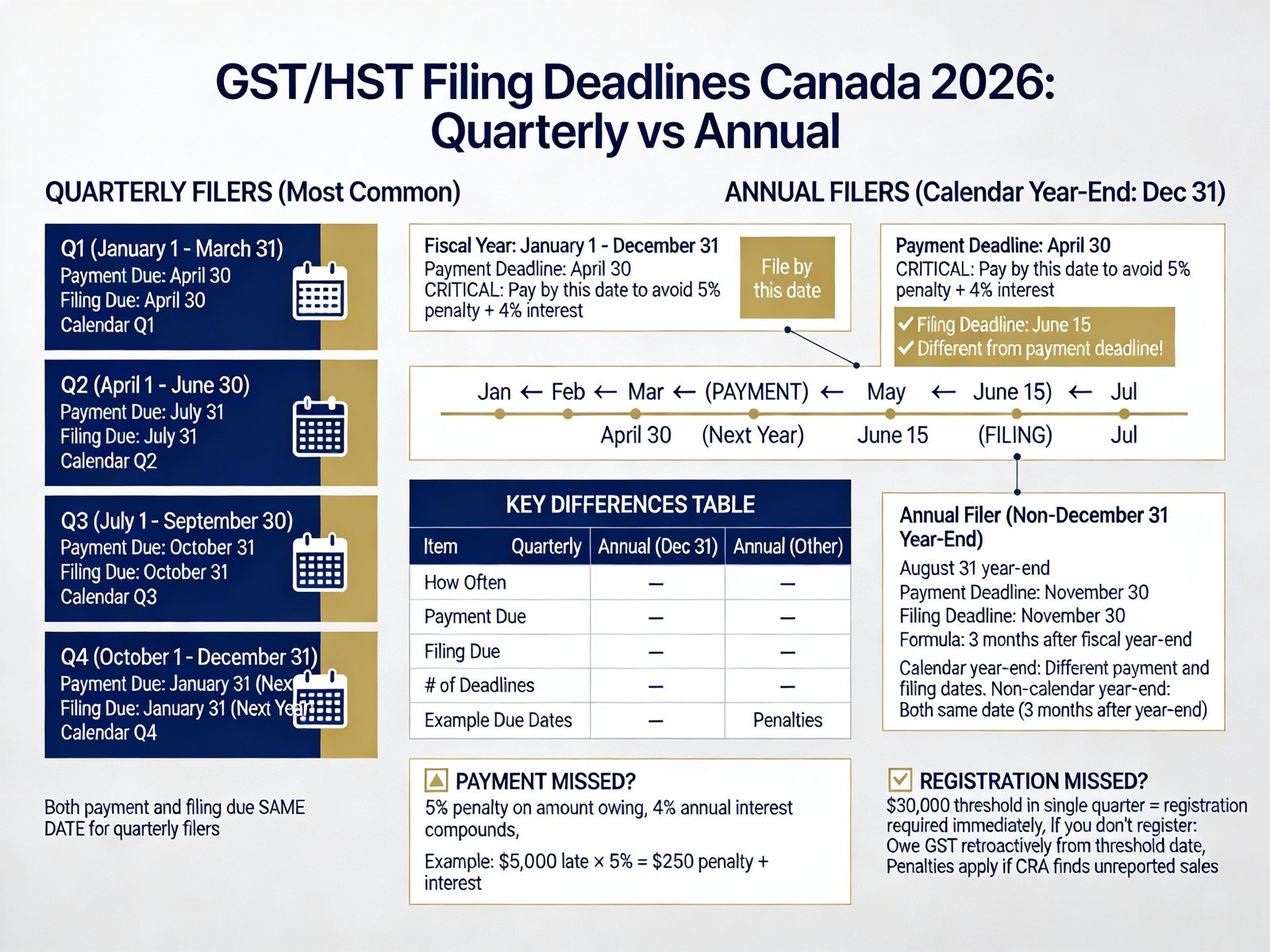The rise of e-commerce has transformed the business landscape, enabling companies to reach customers globally through digital platforms. However, this digital shift has also raised challenges in the realm of corporate taxation. Canadian businesses engaged in e-commerce must navigate the complexities of digital transactions, cross-border sales, and evolving tax regulations. This guide explores the dynamic relationship between e-commerce and corporate taxes, offering insights into the tax implications and strategies that businesses can employ to adapt to the demands of the digital economy.
1. Digital Economy and Tax Challenges: Understand the unique tax challenges posed by the digital economy, including determining tax jurisdiction, identifying permanent establishments, and addressing cross-border taxation.
2. Nexus and Digital Presence: Explore the concept of “nexus” in the digital context and how a corporation’s digital activities can trigger tax obligations in various jurisdictions.
3. Goods and Services Tax (GST) and Harmonized Sales Tax (HST): Learn how Canadian businesses selling goods and services online must navigate the GST/HST regulations, including registration, collection, and remittance.
4. Cross-Border E-commerce Transactions: Delve into the tax implications of cross-border e-commerce sales, including import/export duties, customs regulations, and managing potential double taxation.
5. Permanent Establishment Challenges: Understand how the digital economy has blurred traditional notions of permanent establishments, impacting how e-commerce companies determine tax obligations in foreign jurisdictions.
6. Digital Products and Services Taxation: Explore how the sale of digital products and services, such as software, e-books, and streaming content, is treated for tax purposes in Canada and internationally.
7. Digital Advertising and Royalties: Learn about the tax implications of digital advertising revenue and royalty income earned through e-commerce activities, and how these transactions are taxed.
8. Marketplace Facilitator Rules: Understand how new regulations require online marketplaces to collect and remit sales taxes on behalf of third-party sellers, affecting e-commerce platforms.
9. Data Privacy and Tax Reporting: Explore how data privacy regulations intersect with tax reporting, as businesses must collect and manage customer data while adhering to tax compliance.
10. Staying Agile and Compliant: Emphasize the importance of regularly reviewing tax regulations and engaging with tax professionals to ensure ongoing compliance in the rapidly evolving digital landscape.
Conclusion: E-commerce has ushered in a new era of business possibilities, but it has also introduced a complex tax environment that demands careful consideration. By understanding the tax implications of e-commerce activities, adopting agile strategies, and seeking expert advice, Canadian businesses can navigate the challenges of the digital economy while ensuring tax compliance and positioning themselves for success in the global marketplace. As technology continues to reshape commerce, adapting to e-commerce’s tax landscape becomes integral to sustaining growth and thriving in the digital age.










 View Our Location
View Our Location





 181 Meadowview Bay, Sherwood Park, AB T8H 1P7, Canada (Online Clients Only)
181 Meadowview Bay, Sherwood Park, AB T8H 1P7, Canada (Online Clients Only)